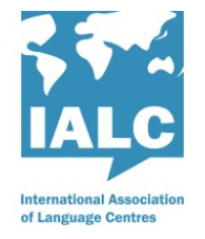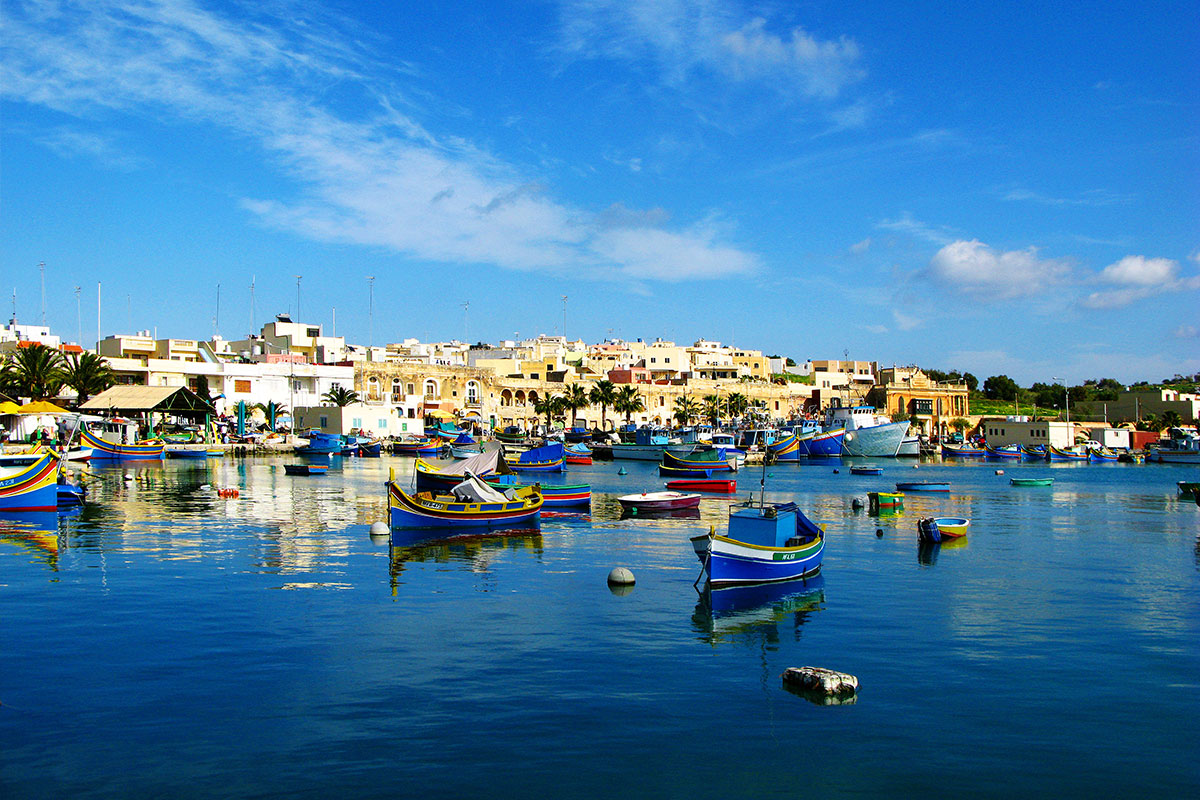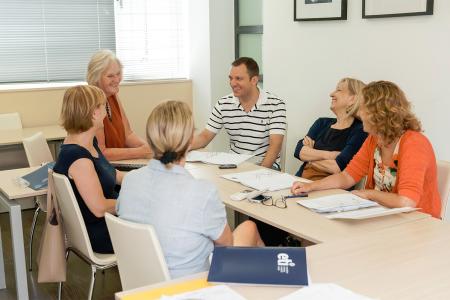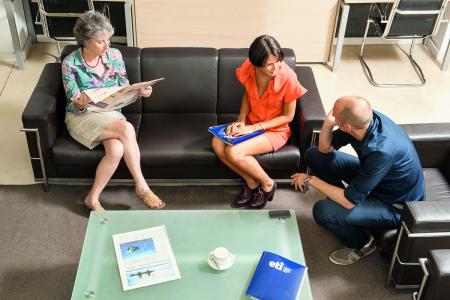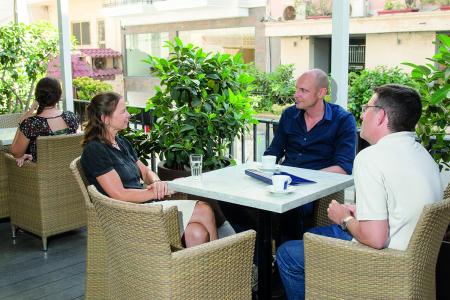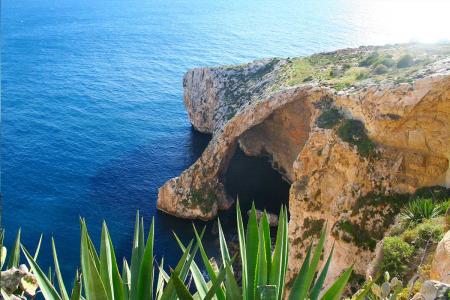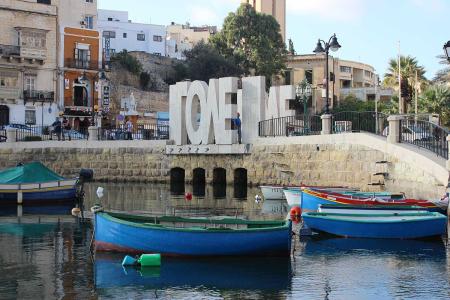COURSE SUMMARY:
Internationalisation covers a wide range of contexts: receiving students from abroad, sending students abroad, teacher exchange programmes, international projects, as well as dealing with cultural diversity in the home classroom. This course is aimed at teachers and educators who would like to gain a better understanding of and develop skills for working with diversity in a range of educational contexts. The objectives of this course are to raise awareness of the influences of diversity on behaviour, coming from both culture and personality; and also to explore how to integrate this type of training into classroom activities for both staff and students.
TARGET AUDIENCE:
This course is for teachers and educators who wish to develop their competences for participating in a range of activities for managing diversity in education, including:
- Teaching staff dealing with migrants and refugees in their home classroom
- Local students dealing with cultural diversity in their home classroom
- Migrants and refugees coming to live and work in western Europe
- Academic staff working on international projects
Participants need to be at a B1 level of English.
PREPARATION:
After registration, partcipants on this course programme will receive:
- A pre-course questionnaire which will enable trainers to learn about the participants' teaching backgrounds
- Information about the Europass Mobility Certificate
- Information about Malta to prepare teachers for their cultural experience
OBJECTIVES:
- Inputs about culture and intercultural competences, including soft skillspractice activities, including discussion, role plays and decision-making activities,
- To explore the topics and develop skills
- A final activity in which the course participants will present their plans for integrating the course content into their organisations
COURSE TOPICS:
- Exploring the scope of diversity in education and the challenges of working with migrants and refugees
- Defining culture and developing intercultural competences with reference to working with migrants and refugees
- Exploring the link between culture and communication
- Exploring and developing soft skills, especially communication for the multicultural classroom
- Case studies to explore solutions to issues affecting diversity
- Preparing and practising presentations to show how to integrate the insights from the training into your institutio
METHODOLOGY:
Learning is practical and task-based, involving both individual and group work, with practical feedback on your communication. Participants will be encouraged to develop your own Personal Action Plan , highlighting which activities and resources you would be most likely to use in your own teaching programmes .
FOLLOW UP:
- The course ends with an evaluation session, where teachers are asked to reflect upon the value of the knowledge gained on the course and its usefulness to them.
- They are also encouraged in this session to come up with a Personal Development Action Plan, and select activities which they would like to try out in their own classes or projects.
- They are invited to join the our Teacher Training Facebook community, which allows networking and contact with the trainers and fellow colleagues, and with participants from other courses.
- Participants are also encouraged to join communities for the POOLS Projects, and other related EU Projects, such as METHODS (Communicative Language Teaching Methods), TOOLS, and CLIL4U.
- In addition, participants are given a post-course 3 month subscription to our e-Learning online site to further develop their language knowledge and skills.
SAMPLE PROGRAMME:
1) Monday
- Introductions, Course objectives and Content Introduction to Diversity and Intercultural
- What is Culture? Examining the role of Culture in Education
- Exploring Intercultural Competences. Sample Diversity and Intercultural Challenges in an Educational Context
2) Tuesday
- What is a refugee? Refugees and Migrants
- Case Studies: Intercultural and Life Skills
- Your own Institution: Case Study, Refugees and Migrants
- Implementing Change within own Institution. Training Plan and Presentation
3) Wednesday
- Coping with Diverse Abilities. Integration or Inclusion
- Your own Institution: Case Study. Diverse Abilities in your classroom
- Work on Assignment: Work on Training Plans
4) Thursday
- Dealing with Different Personalities
- Communication Skills and Competences. Needed: Teachers and Students
- Giving and Receiving Feedback
5) Friday
- Integrating Diversity at your Institution: Presentation of Training Plans and Feedback
- Course Review: Next Steps
- Course Evaluation
PROGRAMME FEES INCLUDES:
- Tuition /Training (1 week) over 5 training days
- Social Programme including Half Day Guided Tours (to Malta’s Capital City Valletta / to the old Medieval City of Mdina)
- Airport Transfers : Shuttle Airport Transfers Arrival + Departure; from/to Malta Airport to /from Accommodation (when booked through our school only!)
- Mobility Euro Pass Certificate
- End-of-Course Certificate
OTHER INFORMATION:
- The School will be closed on public holidays. The schedule for the week including a public holiday will be adjusted to make up the lost training hours on the public holiday on that particular week.
- A social programme including weekly cultural guided tours will be confirmed every Monday. Participation on any activities is optional.
- Classes normally runs from 9:00-14:30 with two brakes. Number of lessons: 22,5 hours (1 lesson=60 min) + 2.5 hours of E learning self- study (5 homework on-line links; lessons about Malta, to cover the cultural aspects) + cultural tours. Therefore thw certificate lists 25 hours/week. If someone misses any lessons, eg 1.5h, it will show ‘ 23.5 hours out of 25 hours.
Przykładowe zajęcia dodatkowe:

diving *, golf *, mountain hiking

boat cruises *, city tour/walk, conversation practice, country walk/trekking, cultural activities, guided city tours, international evenings, orientation tour, pub and restaurant evenings, sightseeng

Valetta *, Megalithic temples *, Hypogeum Temple *, Mdina *, The Three Cities *, Blue Grotto *, Marsaxlokk *, Gozo *
* zajęcia dodatkowo płatne
Akredytacje
